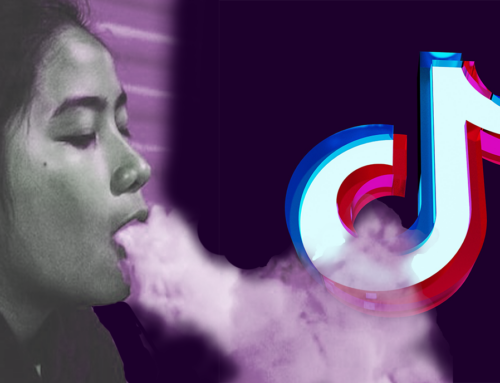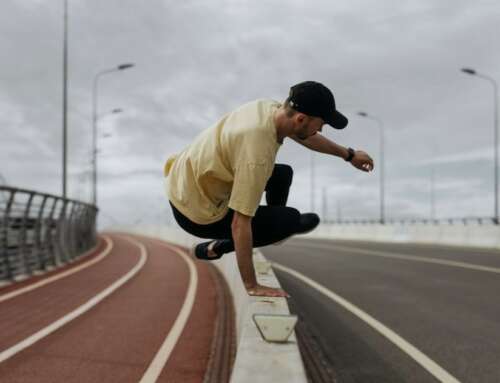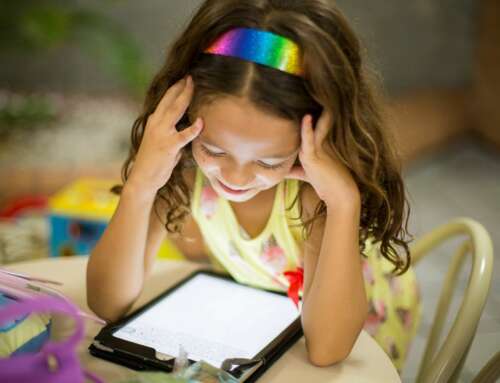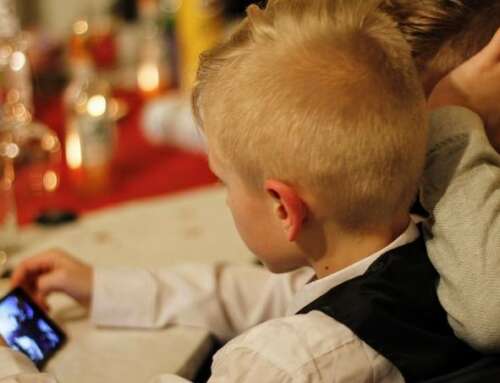New research by Amnesty International has revealed the alarming impact that abuse and harassment on social media are having on women in Australia, with women reporting stress, anxiety, or panic attacks as a result of these harmful online experiences.
The organisation commissioned an Ipsos MORI online poll which looked at the experiences of 502 women between the ages of 18 and 55 in Australia.
Three in 10 women (30%) surveyed said that they had experienced online abuse or harassment. This includes nearly half (47%) of respondents aged 18-24. Alarmingly, 37% of women who had experienced online abuse or harassment said that on at least one occasion, these online experiences made them feel that their physical safety was threatened.
“The internet can be a frightening and toxic place for women. It’s no secret that misogyny and abuse are thriving on social media platforms, but this poll shows just how damaging the consequences of online abuse are for the women who are targeted,” said Azmina Dhrodia, Amnesty International’s Researcher on Technology and Human Rights.
“This is not something that goes away when you log off. Imagine getting death threats or rape threats when you open an app, or living in fear of sexual and private photos being shared online without your consent. The particular danger of online abuse is how fast it can proliferate – one abusive tweet can become a barrage of targeted hate in a matter of minutes. Social media companies need to truly start taking this problem seriously.”
Stress, anxiety, panic attacks
Amnesty International polled women in Australia describing themselves as moderate to active internet users about their experiences of online abuse and harassment.
Two-fifths (42%) of women responding to the survey who had experienced online abuse or harassment said it was misogynistic or sexist in nature, and a fifth (20%) said it had included threats of physical or sexual violence.
Nearly half (48%) of survey participants who had experienced online abuse or harassment said it had included racism, sexism, homophobia or transphobia.
About one in 14 (7%) survey participants who had experienced online abuse or harassment had experienced the posting of intimate images of themselves online without their consent and more than one in 10 (11%) of women responding to the survey who had experienced abuse or harassment online said personal or identifying details of them had been shared online (also known as “doxxing”).
More than half (54%) of women who had experienced abuse or harassment online said it came from complete strangers. About a third (32%) said that the abuse they experienced online came from people they knew offline, with about half as many (15%) saying it came from a current or former partner.
Around a quarter (24%) of women surveyed who said that they had experienced abuse or harassment online said that it had made them fear for their family’s safety.
The psychological impact of online abuse can be devastating.
- More than 3 in 5 (62%) of those who said they had experienced online abuse or harassment said they had experienced lower self-esteem or loss of self-confidence as a result.
- A similar proportion (59%) said they had experienced stress, anxiety or panic attacks after experiencing online abuse or harassment.
- And again, a similar proportion (62%) said they had not been able to sleep well as a result of online abuse or harassment.
- About half (49%) said online abuse or harassment had meant that they had been unable to concentrate for long periods of time.
– Amnesty International
Read more: Oz Poll Reveals Alarming Impact of Online Abuse Against Women
Photo source – Flickr.com








Leave A Comment